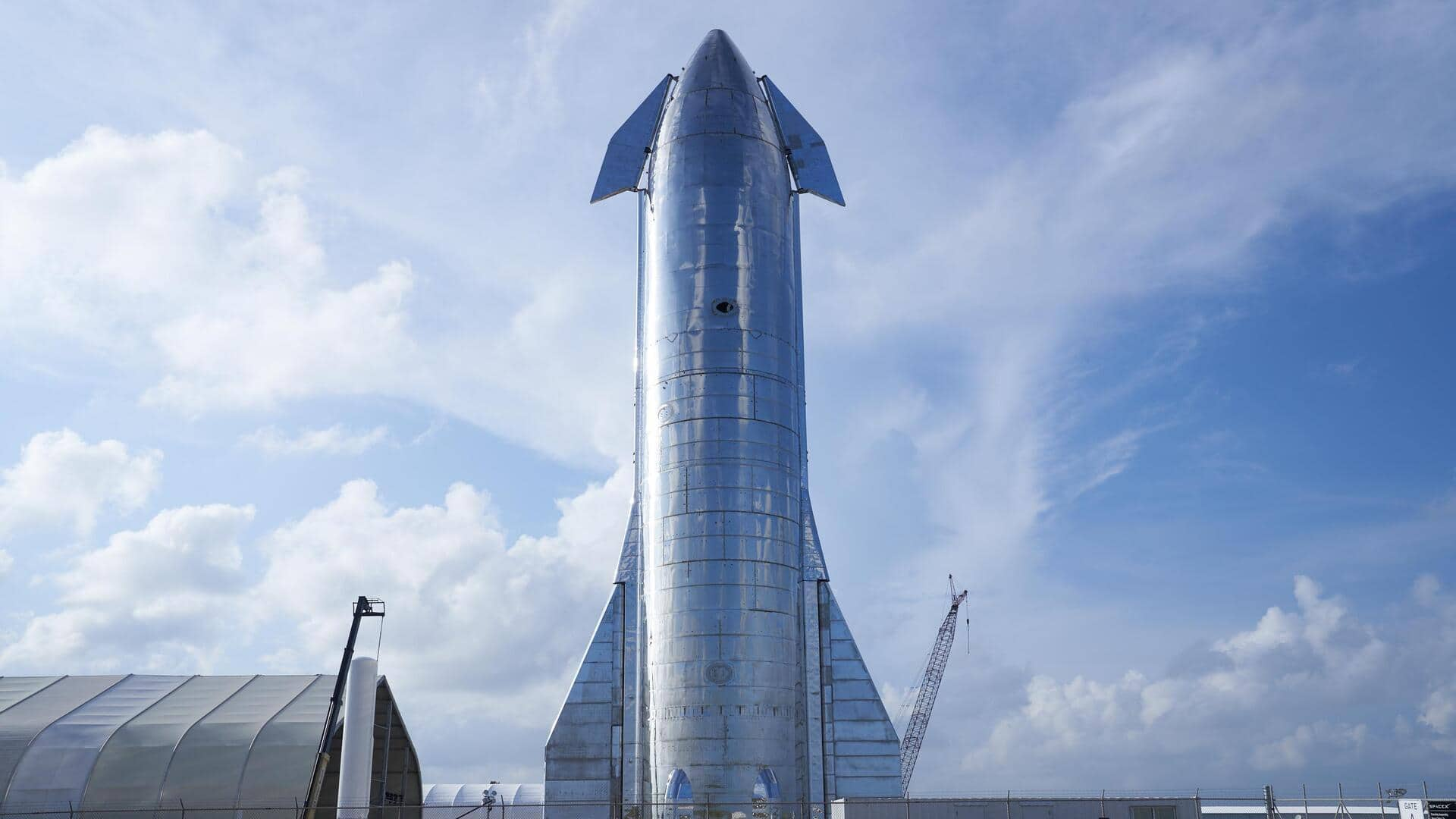
SpaceX's Starship might make a trip to Uranus possible
What's the story
The 2022 Decadal Survey by the National Academies of Sciences, Engineering, and Medicine (NASEM) has identified Uranus as the top priority for space exploration. However, a fully planned mission for this distant planet is still in the works. A recent study from MIT researchers, presented at the IEEE Aerospace Conference, explores how SpaceX's Starship could revolutionize the mission design for the proposed Uranus Orbiter and Probe (UOP). It could cut travel time to the planet by almost half.
Exploration gap
Uranus, the least explored planet
Uranus is one of the least explored planets in our solar system. The last probe to visit it was Voyager 2, which did so during a flyby nearly 40 years ago. Unlike other planets, neither Uranus nor its ice giant sibling Neptune has ever been orbited or had a consistent mission presence in their systems. This makes them unique among the eight known planets that have been studied at close range.
Distance dilemma
Why is Uranus so hard to reach?
The main hurdle in exploring Uranus is its distance from Earth. It lies 19 times farther from the Sun than our planet, and Voyager 2 took over nine and a half years to reach the system. Earlier calculations for the UOP mission, which used a Falcon Heavy booster and several gravitational assists, estimated a travel time of over 13 years. This long duration poses operational and financial challenges for maintaining such missions.
Technological leap
Could Starship be the answer?
SpaceX's revolutionary rocket system, Starship, is now showing its potential with successful tests. If this trend continues, it could be ready for regular use by the end of the decade. Its increased lifting capacity and orbital refueling capability make it an attractive choice for UOP's launch vehicle. The ability to store and take fuel in orbit could significantly reduce travel times to distant destinations like Uranus.
Innovative approach
Aerobraking and other possibilities
The MIT study also explored the possibility of using Starship as an aerobraking shield. This would involve using its thermal protective system to slow down the probe from its interplanetary speed and keep it in the Uranus system. The researchers found that with some modifications, this concept could work, further reducing travel time to the Uranus system by half, or about six and a half years.
Mission outlook
A long wait for a mission to Uranus
Despite being the top priority from the Decadal survey, it's uncertain if UOP will get funding approval. If the 2030s launch windows are missed, the next opportunity would be in the mid-2040s. This could mean a nearly 70-year gap between missions to this intriguing world.